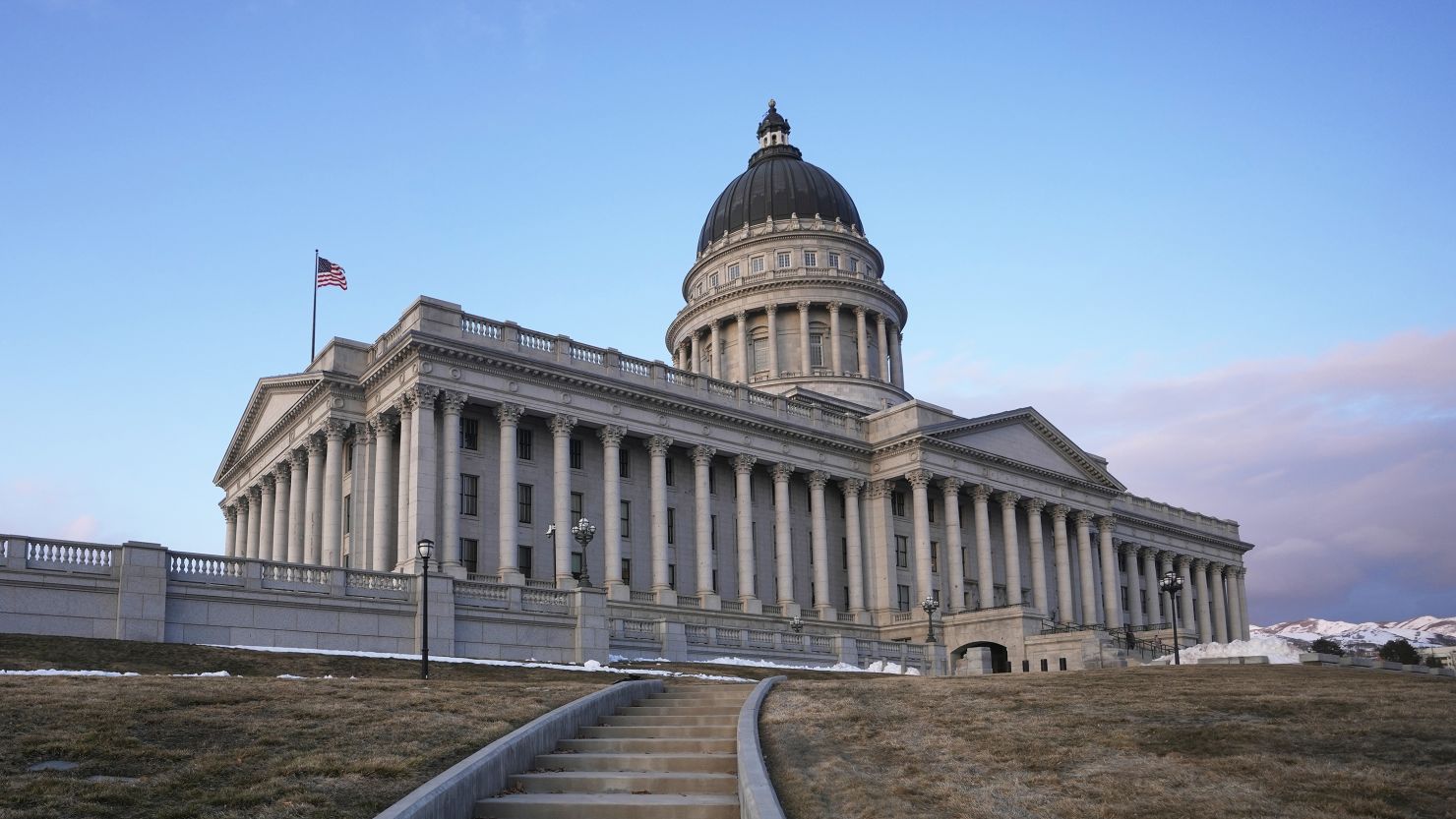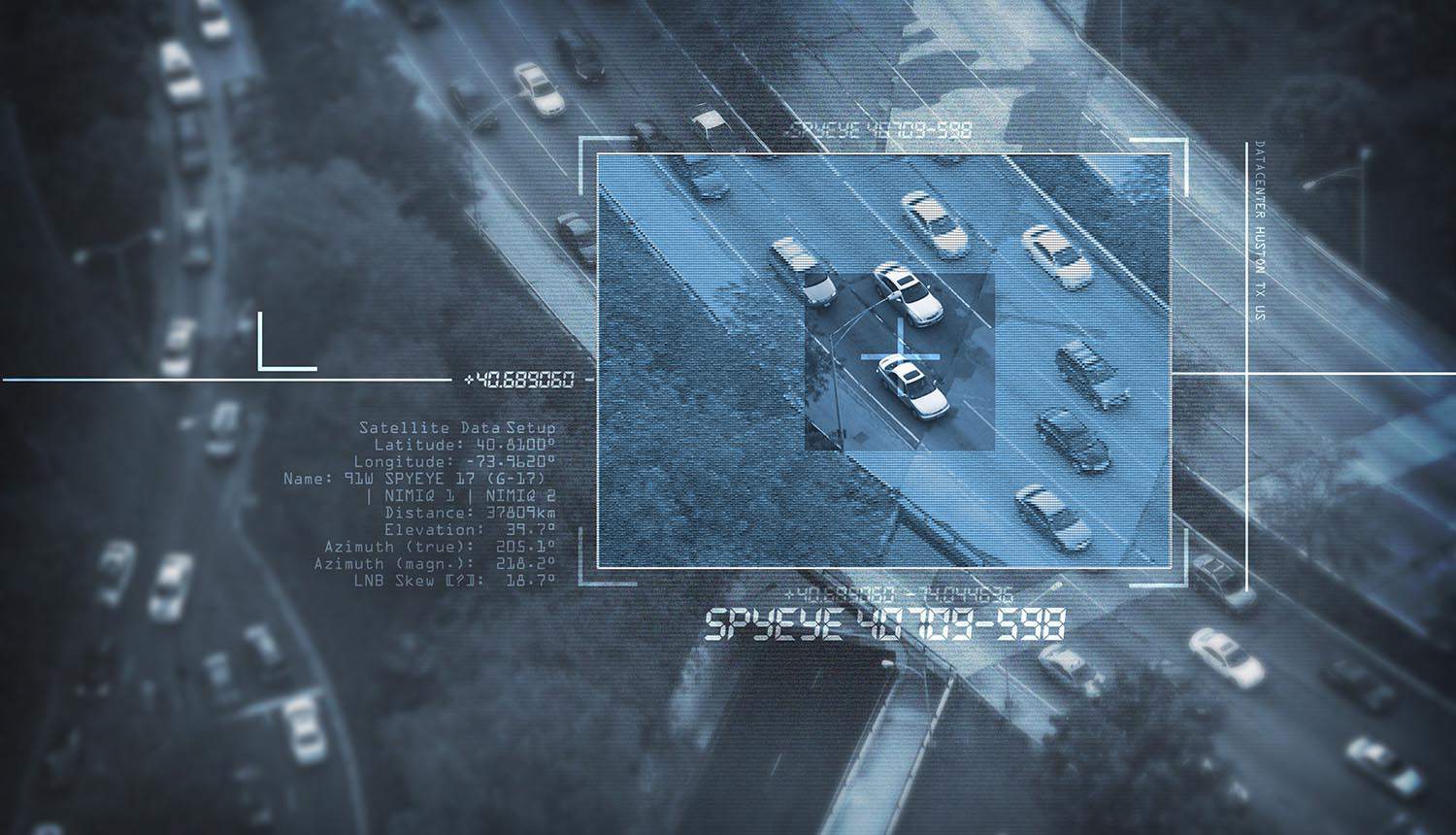Our nation’s government was instituted to secure the rights of the people, as stated in the Declaration of Independence. In Utah, this purpose is no different. The Utah state government exists to protect our constitutionally guaranteed rights, including those described in the Fourth Amendment: the right to protection against unreasonable searches and seizures.
However, when it comes to investigatory and surveillance technologies used by law enforcement, more needs to be done to ensure Fourth Amendment rights are secured. That’s why in the upcoming legislative session, Libertas is proposing a bill that requires explicit legislative approval before any law enforcement agency in the state can use or test new surveillance or investigatory technologies.
Our solution is key to preventing the unchecked rise of a surveillance state. The Law Enforcement Technology Approval and Oversight Act provides greater transparency, accountability, and protection for Utahns’ civil liberties.
The Problem
It is possible to track innocent, everyday people as they drive to work or the grocery store using automated license plate readers, facial recognition software, or reverse location services. These tools can be powerful in catching criminals, but are also distressingly invasive to the innocent, especially when deployed by law enforcement without public consent or even a search warrant.
Under existing rules, law enforcement can adopt these technologies via free trials or private vendor demos, with no prior legislative knowledge or approval. These tools include automated license plate readers, facial recognition software, and reverse location searches.
The Legislature is intended to be a check on executive power, but this function is restricted when law enforcement can unilaterally adopt intrusive technologies that surveil innocent people. We believe that no government agency should be allowed to adopt such tools without democratic debate.
Our Policy Solution
Public input and oversight must be maintained as we enter an increasingly digital age. Our proposed legislation would limit the use of these technologies by the government, including AI-based data mining, social media surveillance, and cellphone tracking devices.
The proposed Law Enforcement Technology Approval and Oversight Act would:
- Prohibit police from using, testing, or accepting any surveillance or investigatory technology, including from the federal government, unless the Utah Legislature has authorized it by statute.
- Prohibit free trials, demonstrations, or pilot programs offered by vendors as a way to bypass normal procurement or public oversight processes.
- Require law enforcement agencies to submit an annual public report identifying the technologies they use and the statutes that authorize their use.
- Permit temporary use of unapproved technology during declared emergencies, but only for 30 days, after which legislative authorization would be required.
- Establish penalties for unauthorized use, including rendering improperly collected evidence inadmissible and authorizing civil enforcement mechanisms.
Our proposed bill would not outright ban any specific technology or affect technologies currently in use. The Legislature would have the power to change permissions on current technology use, if desired.
Utahns should be informed before government agencies deploy powerful technologies that can invade privacy, track movements, monitor protests, or profile communities.
We will work to advance this proposal in the 2026 legislative session. If passed, Utah will be a national leader in ensuring government technology use is subject to the same democratic principles that govern every other form of public power.







